Colorado State University
Cultural Resource Centers
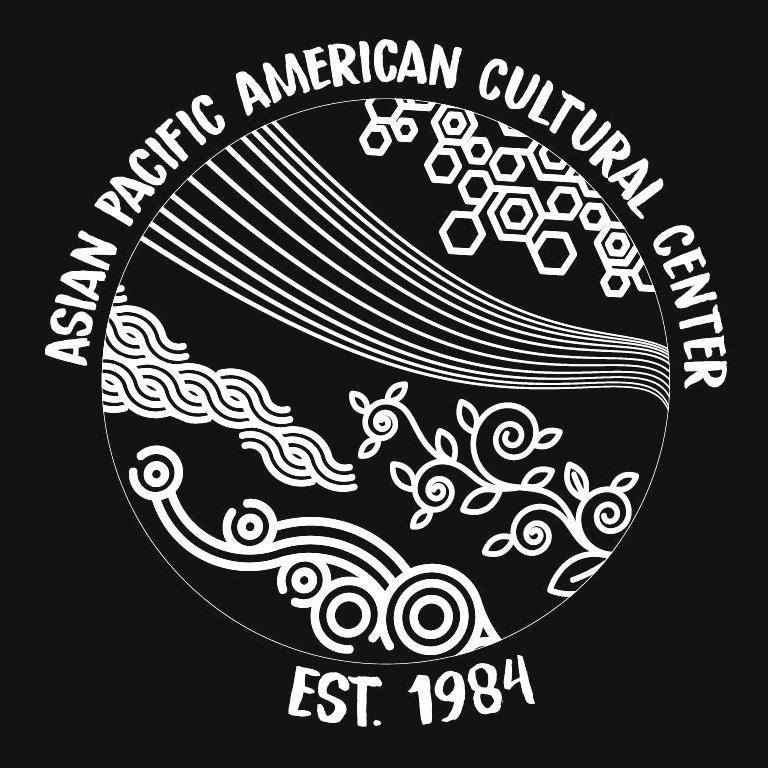
Asian Pacific American Cultural Center
APACC (Asian Pacific American Cultural Center) works to provide community, awareness, and education for and with students who are Native Hawaiian, Pacific Islander, Southwest Asian, North African, Middle Eastern, Southeast Asian, Desi, adopted, mixed race, Asian American students and other historically marginalized communities.
APACC hosts programs and events such as their leadership retreat, hosting peer mentors for students who identify as APIDA (Asian Pacific Islander Desi American)/SWANA (Southwest Asian and North African), monthly events for students, and more!
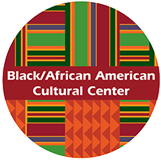
Black African American Cultural Center
BAACC (Black African American Cultural Center) works with students who identify as and/or with Black/African American cultures during their entire journey at CSU.
BAACC hosts many cultural events, has leadership development opportunities, peer mentorship, and so much more to offer the students this office serves. BAACC also hosts multiple student organizations to help provide development and belonging for CSU’s Black/African American students.
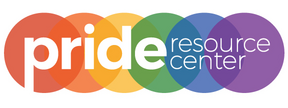
Pride Resource Center
CSU’s Pride Resource Center serves CSU’s LGBTQIA+ student, staff, and faculty population. They work to provide community spaces for students, programming and resources around financial aid, career development, and more.
Pride also works with community partners to help Fort Collins and CSU connect with our LGBTQIA+ students inside and outside of campus.
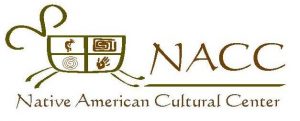
Native American Cultural Center
NACC (Native American Cultural Center) works to support Indigenous/Native American students and community members in having a successful educational experience at CSU. Like other offices that are a part of the SDPS (Student Diversity Programs and Services), NACC hosts resources that span academic success, cultural education, awareness, and support, belonging, and more.
NACC hosts resources that are available to all students, such as their Eagle Feather Tutoring Program.
Survivor Advocacy and Feminist Education Center (SAFE)
The SAFE Center (Survivor Advocacy and Feminist Education Center) works to supports students from all gender identities, forms of expression, and other identities around social justice, advocacy, prevention, and interpersonal violence.
They are a confidential advocate for students who are survivors and/or victims of interpersonal violence, sexual violence, stalking, harassment and other forms of gender-based violence.
If your student is in need of assistance, they can call the SAFE office at 970-491-6384, or they can call the Victim Assistance Team at 970-492-4242.
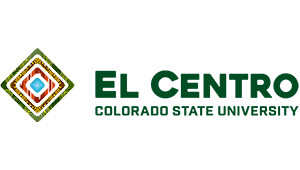
El Centro
El Centro provides belonging, education, and support for CSU and Fort Collins’ Latine/x community. They also work to provide programming for students, staff, and faculty to support these efforts.
El Centro is a place for students to belong, find rest, socialize, and connect with others.
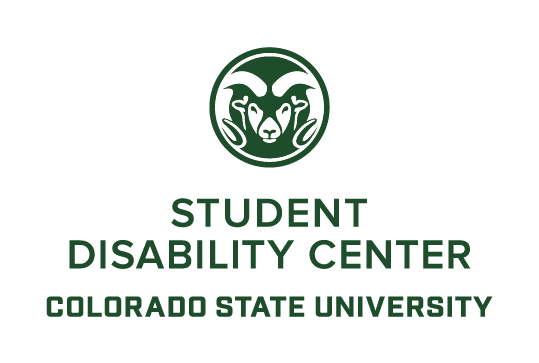
Student Disability Center
The SDC (Student Disability Center) provides support on campus for students with both permanent and temporary disabilities. The SDC is the office that handles accommodations for all CSU students, whether they are learning accommodations or accommodations in other aspects of their life on and off campus.
How can my student (or I) expect to use these offices?
We understand that there are so many offices on campus that your student has access to. It won’t always be clear how a parent or supporter of a student can also interact with these offices.
Each of these seven offices falls under what we call our “Student Diversity Programs and Services” unit. Students who identify within the demographics these offices serve will typically hear from them before the semester begins (but not always). Your student may hold identities that means they could find community in two or more of these offices. Even if your student does not directly identify with the populations these offices serve, the SDPS unit is open to ALL CSU students.
So here are some helpful tips for you to share with your student on how you (and them) can engage with the SDPS.
- Many of these offices hold community spaces where students can just come in to study, eat lunch, make friends, and be in community. Let them know these spaces are here for them!
- If you know your student has not met any staff from these offices, it can be overwhelming walking into them for the first time. Encourage them to try and call, or email specific staff members to get a tour of the office they are interested in!
- As a family member, you can always reach out if you have more questions about what specific SDPS offices provide.
- Many of the SDPS offices host monthly heritage or history months to help bridge CSU’s mission of inclusion and equity with awareness of these populations. These are open to all CSU students and we encourage them to attend!


